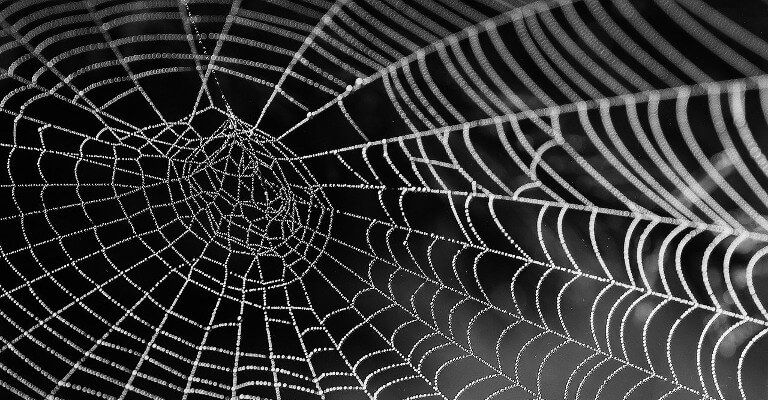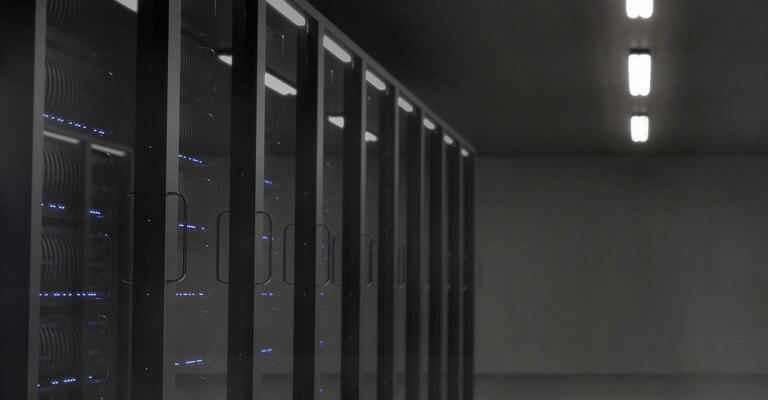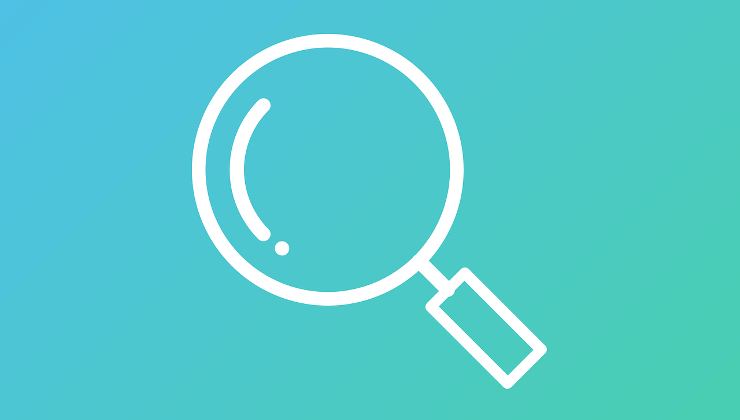Who doesn’t know Google? Everyone already knows and has ever used Google. Yes, Google is the most popular search engine today. However, do you know what the main purpose of search engines like Google is?
In this article I will specifically discuss the main purpose of search engines such as Google, Bing and friends.
Search engines are tools for finding information on the Internet. With the help of search engines, you can find various information easily with just keywords.
Google isn’t the only search engine. There are many other search engines that have the same function as Google. For example, Bing, Yandex, Baidu and Ask. So don’t be afraid if, for example, Google suddenly cannot be accessed. You can still use other search engines.
Each search engine has a different search algorithm and usually it is confidential. Nobody knows the algorithm, except for the people who worked on developing the search engine.
Although the search algorithms used by search engines are different, in general, each search engine has the same function. Here are the three main functions of search engines:
- Crawl – Search the Internet for content based on the URLs they find.
- Index – Stores and organizes content found during the crawl process.
- Rank – Answer search queries by sorting content from most relevant to least relevant.
Want to know how the details? Read further information in this article!
Search Engine Crawling

Crawling is a content search process performed by search engines to find new content or update content that has been stored for a long time in the search engine database.
The content here takes many forms. It can be website pages, images, videos, audio, PDF documents and so on.
How do search engines find content?
They will send search robots called crawlers or spiders. Don’t imagine robots like in the movies. The robot here is software and how it works is like a spider, so it is also called a spider.
Each search engine has its own crawler and is usually named according to the name of the search engine, for example:
- Googlebot – Google
- Bingbot – Bing
- Slurp Bot – Yahoo
- DuckDuckBot – DuckDuckGo
- Baiduspider – Baidu
- Yandex Bot – Yandex
- Sogou Spider – Sogou
The content search process begins by retrieving website pages from previous search results or from the sitemap provided by the website owner. From there then the crawler will browse the links on that page one by one to find new content. Furthermore, the content will be stored in the search engine database.
When will the search for that content stop?
The possibility that the content search process will stop is very small. Because every time it finds new content, the crawler will immediately browse for other links found in that content. So the process will continue to repeat itself endlessly.
Crawlers are not only tasked with finding new content. He will also visit content that he has previously explored to determine whether there have been changes to the content or not.
If a content is considered very important and has a lot of visitors, the crawler will visit that content regularly.
Search Engine Index

Search engines process and store the information they find in a large database which is known as an index. The database contains all the content they have found that is eligible to appear on the search results page.
However, search engines do not necessarily store all the content on the Internet. It will determine which pages need crawling, based on the number of other pages that link to the page and the number of visitors.
So, if a page appears on many other pages and gets a lot of visitors, chances are that page is really important.
This important page usually contains information needed by many people, so search engines will definitely include it in the index so that people can access it more easily.
To check whether your website has been indexed or not, you can type a command like the example below in a search engine:
site:google.com
So, if your website appears on the search results page, that means your website has been indexed by search engines. In other words, crawlers have already visited your website and explored the links there.
But if on the contrary, your website does not appear on the search results page, it means that your website has not been indexed by search engines. The reasons can be various. It could be because crawlers are blocked when indexing your website, banned by search engines or for other reasons.
Search Engine Rank

When someone performs a search, the search engine will check the index or database to find content that is most relevant to the keywords used. Furthermore, the search engine will sort the search results according to their level of relevance and display them on the search results page.
The order of search results based on relevance is known as ranking or Rank. In general, you can assume that the higher a website is ranked, the more relevant those search engines believe the website is to what the person is looking for.
How do search engines determine the ranking of a website?
Each search engine usually has a different algorithm for ranking websites. Therefore, you shouldn’t be surprised if your website page appears on the first page of Google but appears on the second page of Bing or something else.
There are many factors that affect the ranking of website pages on search engines, which include:
- Website speed
- Traffic / number of website visitors
- Website security factor (SSL or HTTPS)
- Content quality
- Use of keywords
- Number of backlinks
- Word count / content length
- Website optimization for the mobile version
- Social branding
Conclusion
After knowing the main functions of search engines and how they work, of course you want your website to be easily found by visitors via search engines, right? So, the first step that must be taken is to make sure that crawlers can index your website content properly.
The easy way is to optimize the website, both in terms of design, website speed, content quality, website responsiveness and website security.


